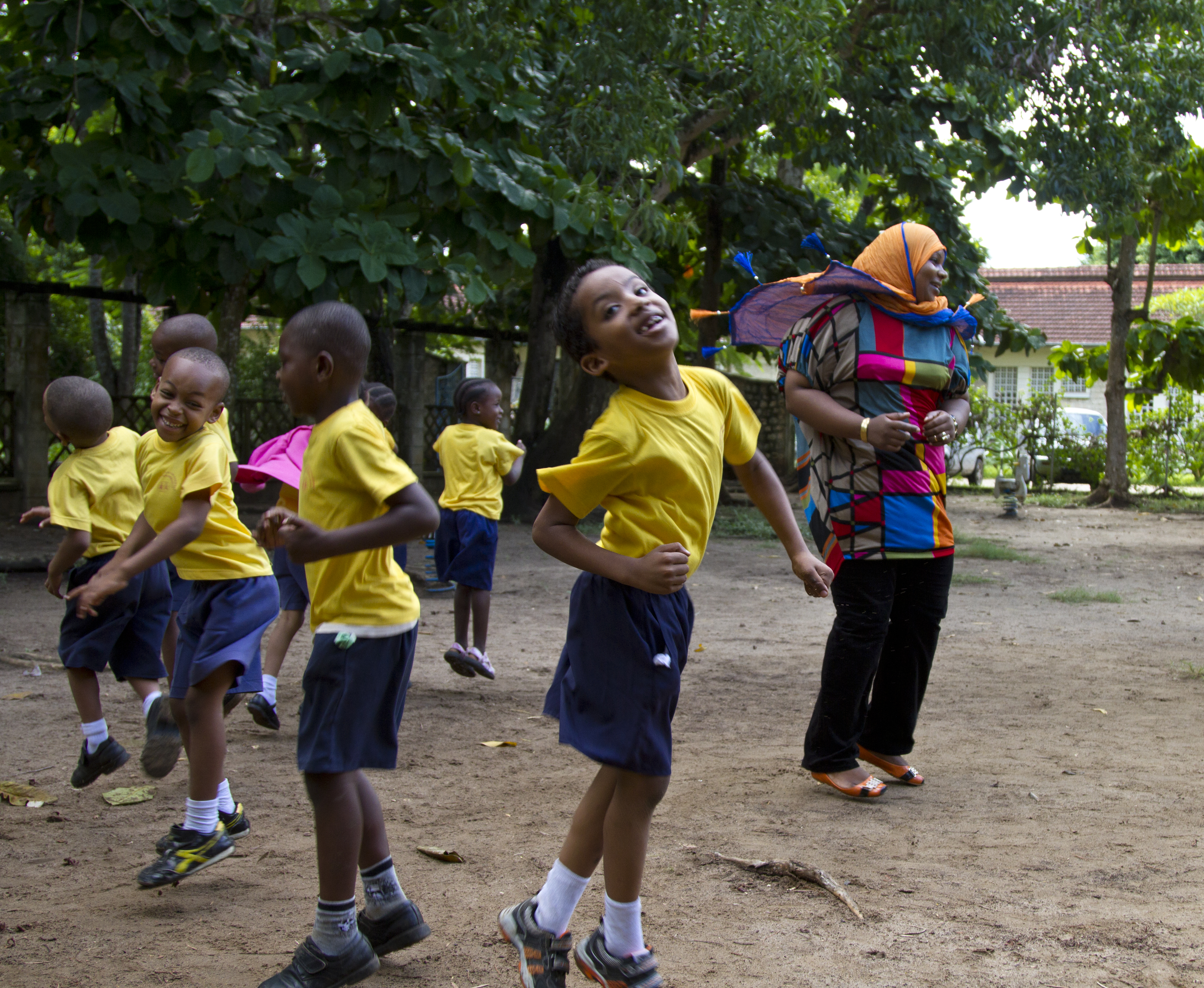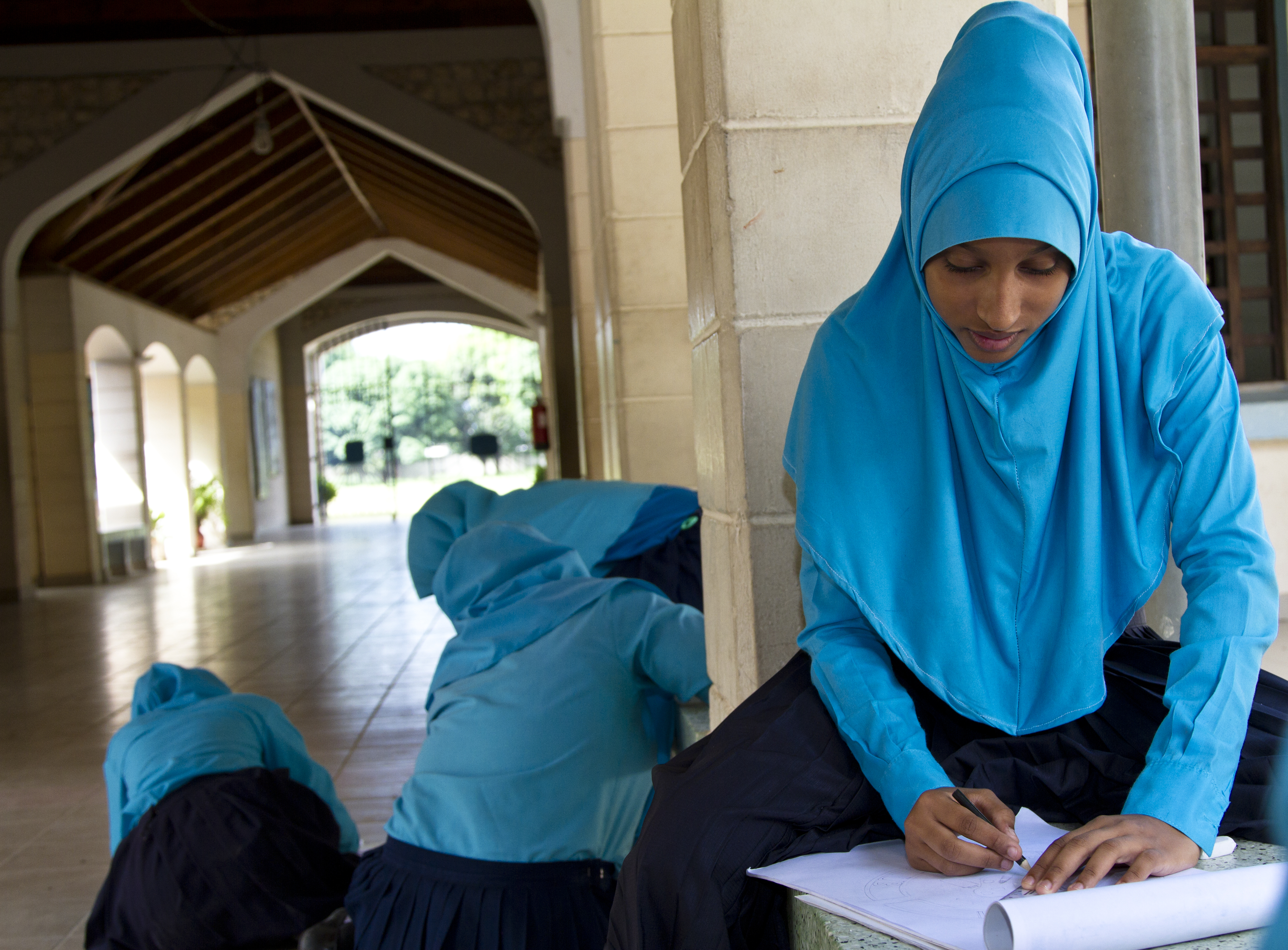Gender inequality and discrimination jeopardise girls’ future
_2.jpg?width=800)
Zanzibar is a semi-autonomous archipelago of Tanzania and has a total population of roughly one million. While the islands were once the world’s biggest producer of cloves, international competition and other global factors have caused clove sales to decrease by 80 per cent since the 1970s. Poverty levels on the island are high, and child labour is common especially during harvest times and the main tourist season. Child prostitution, often catering to sex tourists, also exists in the country.
In recent years, some improvements have been achieved as concerns gender equality. The primary school enrolment rate is now almost the same for boys and girls, but for secondary school it is still much higher for boys. In 2005, a law which meant up to two years in prison for any unmarried woman or girl who fell pregnant was finally repealed. However, forced and early marriages remain widespread. Sexual and gender-based violence, as well as violence against children, also continue to be a problem. Many young girls from mainland Tanzania are trafficked to Zanzibar for domestic servitude. If they try to escape, they are often forced into prostitution.
The government has succeeded in reducing malaria prevalence to almost one per cent, but other health issues continue to affect the population. HIV/AIDS still endangers many lives and can lead to family breakdown. Discrimination against those suffering from the disease also persists.
Strengthening the community for sustainable development
SOS Children’s Villages first began its work in Tanzania in 1995 on the island of Zanzibar. Today, a fundamental part of our work here is constituted by our family strengthening programme. The SOS Family Strengthening Programme focuses on alleviating hardship in the local community by providing a number of services.
We help parents send their children to school by paying school fees and providing school uniforms as well as help with homework. We also provide basic education for children who never had the chance to go to school. We ensure that families have enough to eat by giving food packages to those who need them, for example to child-headed households or those affected by HIV/AIDS.
In cooperation with partner organisations, we also help parents improve their situation in a sustainable manner by offering them vocational training courses and micro-credits to start up their own business. In addition, we provide training in a range of subjects such as child health and development, nutrition, hygiene and child rights. Up to 600 children and 150 adult caregivers benefit from our services.
What we do in Zanzibar
_2.jpg?width=800)
Care in families: For children from the region who are no longer able to live with their parents, eleven SOS families can provide a loving home for up to 110 children. In each family, the children live with their brothers and sisters, affectionately cared for by their SOS mother.
Education: The children attend the SOS Kindergarten together with children from the neighbourhood, which ensures that they make friends and are integrated into the local community from a young age. The children then go on to complete their primary and secondary education at the SOS schools, which are attended by around 900 pupils.
Support for young people: When young people who grew up in an SOS family feel ready to move out of the family home in order to pursue further education or vocational training, we continue to support them as they make the transition into adulthood. We provide shared accommodation where the young adults live together, supported by a qualified SOS counsellor.